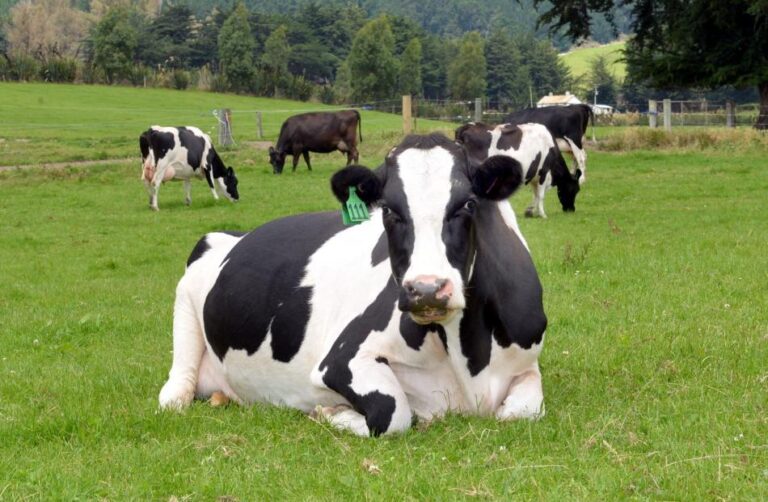
We are not alone in legislative change. The Dutch Government has made an announcement that they will buy back 2000 to 3000 farms, the “peak-polluters” (mostly dairy, pig and poultry), in a bid to comply with controversial targets to reduce nitrogen run-off.
These initiatives show that reducing methane and nitrogen are global problems, but action may be driven from an ideological stance. This was highlighted by agricultural public relations specialist George Lyon when he compared the United States’ approach with Europe’s.
“The US is saying they can reduce livestock emissions while producing more food and we’re going to do it through technology and innovation … While Europe is taking the clunky and legislative route, where they are banning certain activities and trying to prevent other countries from doing them.”
Clunky legislation has had immediate impact on land use in New Zealand, quantified in a recent report by Orme & Associates (commissioned by Beef + Lamb New Zealand), which shows more than 52,000ha of land was bought by forestry interests in 2021, a 36% increase on the previous two years, and up from 7000ha in 2017. Much of this land has been bought as “carbon farms” and is unlikely to be harvested as timber. Indications (word on the street) is the rate of sales has continued to increase in 2022, forcing prices out of kilter with sheep and beef returns.
In an ideal world, lesser gullies and south-facing properties would be planted with a mix of tree species to capture carbon and productive slopes would remain in food production. In reality, entire food-producing properties are being planted in one or two tree species. What makes this more worrying is big corporates, like Ikea, are “greening” their books by buying New Zealand land and planting forestry — how can this ever be good for New Zealand? How have we let this happen and what is the alternative?
New Zealand farming is known for its innovation. Removal of subsidies in the ’80s led to a sharp and savvy sector — the envy of farmers and governments worldwide. It also created a sector which, after years of doing its own thing, struggles with being told what to do, causing an unsurprising backlash against government interference.
Where are we placed on the Europe versus US spectrum of legislation versus innovation? I think our sector leans towards the side of innovation, but our policymakers have lost touch with that and our primary sector industries have been too slow to invest.
How can the Government shift gears? Firstly, by incentivising methane-busting inventors (I am not talking compliance-heavy R&D tax relief here). Secondly, by incentivising farmers who are motivated to take up new technologies. Thirdly, by investing in land-use change activities that complement existing industries, supporting new industries to grow beyond cottage size. The industry leaders need to really step up too and significantly invest in change. New Zealand industry and private sector investment in R&D is well below world averages.
International pressure will not wane, in fact it will grow. Environmental campaigner George Monbiot, a critic of New Zealand’s extensive farming systems, states that “every hectare of land we use for our extractive industries is a hectare of land that can’t be used for wild ecosystems, such as forests or wetlands or savannahs or natural grasslands, on which the great majority of the world’s species depend”.
What he misses is that it doesn’t have to be an either-or scenario. New Zealand farming, particularly sheep and beef, can and does exist alongside forests, wetlands and natural grasslands. Native species can be successfully planted and grazed by livestock. Agroforestry and biodiverse farms can be productive enterprises. For this to happen, we must ensure they are kept under New Zealand ownership and invest in promising public and private-sector environmental technologies and farm-system changes. Sheep and beef farming in New Zealand is heading towards a tipping point in viability. This may, or may not, be reached before we realise that whole foods and natural fibre are important to us.
I would hate this to be solely in the hands of any government, whichever party. Industry and private enterprise needs to step up and invest — fast — and the Government needs to incentivise this. The independent entrepreneurial face of our farming sector must not be lost. Let’s sit on the side of innovation, not legislation.
– Anna Campbell is a co-founder of Zestt Wellness, a nutraceutical company. She also holds various directorships.